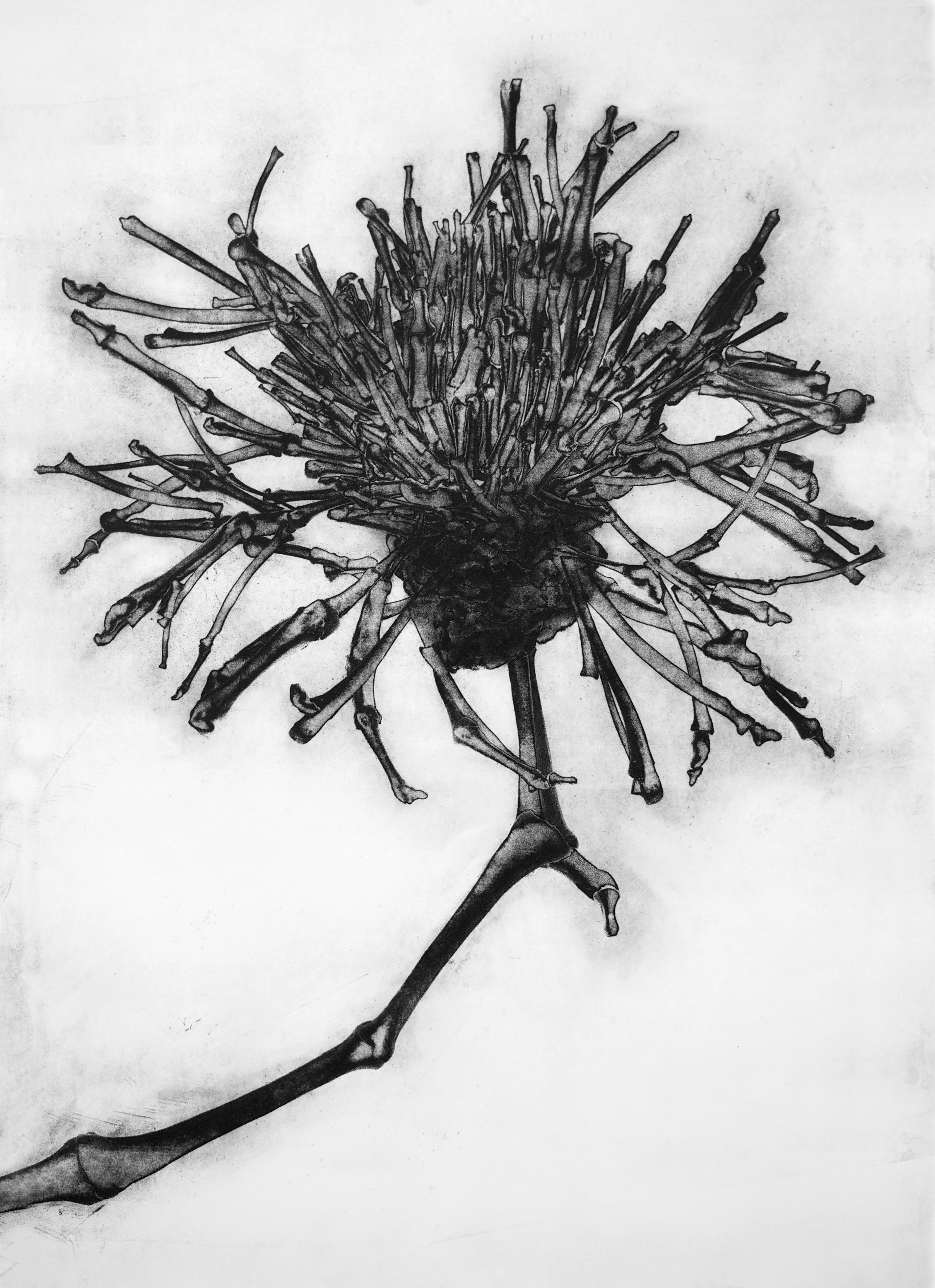Abstract
What is the connection between the body, mind, and information? Can information be physical or, to turn it around, can the body and mind be ‘just’ information? Where is the meaning of that information? Moreover, crucially, are we losing the connection to our physical selves by incessantly processing life through information?
References
Abraham, D. (2020) Ecology of perception/emergence [Podcast]: 20 July https://emergencemagazine.org/interview/the-ecology-of-perception (Accessed: 19 April 2022)
Borges, J.L. (2000) The Library of Babel. London: Penguin Classics.
Black, S. (2020) Written in Bone. London: Penguin.
Calvino, I. (1997) Invisible Cities. London: Vintage.
Clayton et al. (2019) Writing, making your Mark. London: The British Library.
Deleuze G. (1997) Negotiations 1972 – 1990 (European Perspectives: A Series in Social Thought and Cultural Criticism) Columbia: Columbia University Press.
Donne, J. (1621-1631) The Works of John Donne, 1621-1631, D.D. Dean of Saint Paul’s Volume 4. p486.
Eisenstein, E.L. (1980) The printing press as an agent of change. Cambridge: Cambridge University Press.
Eliot, T.S. (1934) The Rock. London: Faber & Faber.
Gleick, J. (2012) Information. London: Fourth Estate. McFarlane, R. (2019) Underland. London: Penguin.
Ruskin, J. (1859) The True and the Beautiful in Nature, Art, Morals, and Religion: Selected from the works of John Ruskin. Great Britain: J. Wiley.
Shepherd, N. (2014) The Living Mountain. Great Britain: Canongate Books.
Smith, K. (2005) Kiki Smith: A Gathering, 1980-2005. Minneapolis: Walker Art Centre.
Sontag, S. (2012) Against Interpretation and Other Essays. London: Penguin Classics.
Winterson J. (2014) Prologue for The Living Mountain by Nan Shepherd. Canongate Books.

This work is licensed under a Creative Commons Attribution 4.0 International License.
Copyright (c) 2024 Carol Wyss
